Are you amongst 1 in 133 people in the USA who are allergic to Gluten? Or do you fall in the category of 29% Americans who inculcate gluten-free living due to health reasons?
In either case or even if you are looking to know more about incorporating a diet that is free of Gluten, here is an Introduction to Gluten-Free Living, explained in layman terms.
When trying to adopt a gluten-free diet, the first question that strikes our minds is, why quit it in the first place?
Firstly, Gluten damages the lining of the small intestines because it meddles with proper food absorption. Hence, it isn't suitable for people who have celiac disease.
Secondly, many people are also sensitive to Gluten; therefore, they are typically allergic to this element.
The question that begs is that what are some of the gluten-free foods that are readily available. Well, worry not as we'll enlighten you on the right path to gluten-free living.
What Is Gluten, And Why Is It Harmful?
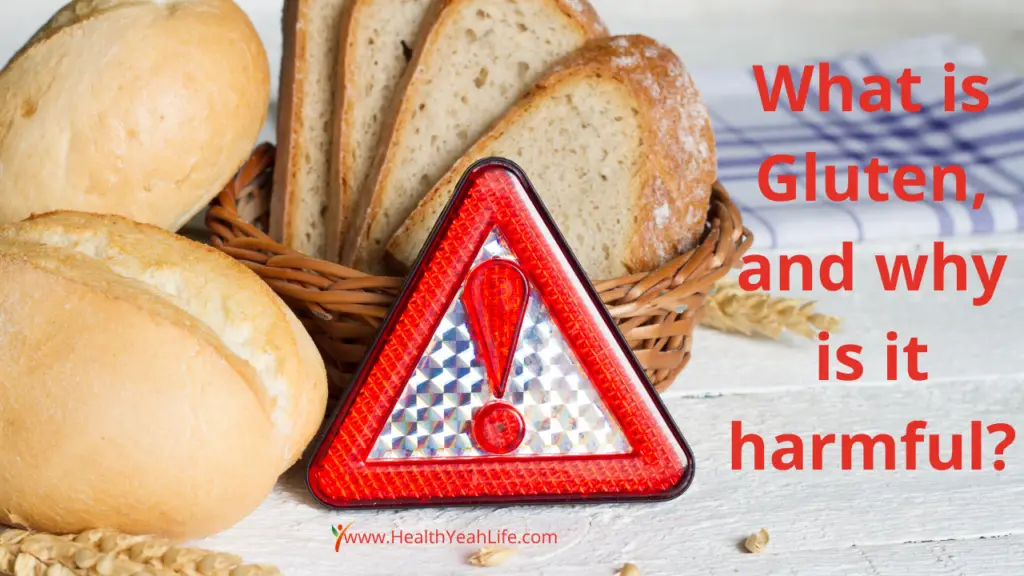
Gluten is the derivative of a Latin word Glue because this is the element that, when mixed with water, gives the flour a sticky consistency.
It refers to a protein found in some foods such as wheat, barley, and rye, to mention but just a few. It is especially essential in the making of bread products, among other notable uses.
- The main disadvantage of Gluten is that it is indigestible.
- For this reason, Gluten slips through the intestinal lining. Consequently, it causes undesirable conditions such as inflammation of the intestine. The intestinal inflammation is chiefly worse for people living with celiac disease.
- Additionally, Gluten makes the body incapable of absorbing nutrients from food. Remember that nutrients pass through the digestive tract. Low absorption of the nutrients triggers adverse health conditions such as malnutrition.
- Gluten is also associated with damaging the villi. The small intestine features a finger-like projection known as villi. Villi are responsible for absorbing essential nutrients from food. Gluten tends to irritate and damage these projections.
What Does Gluten-Free Mean?
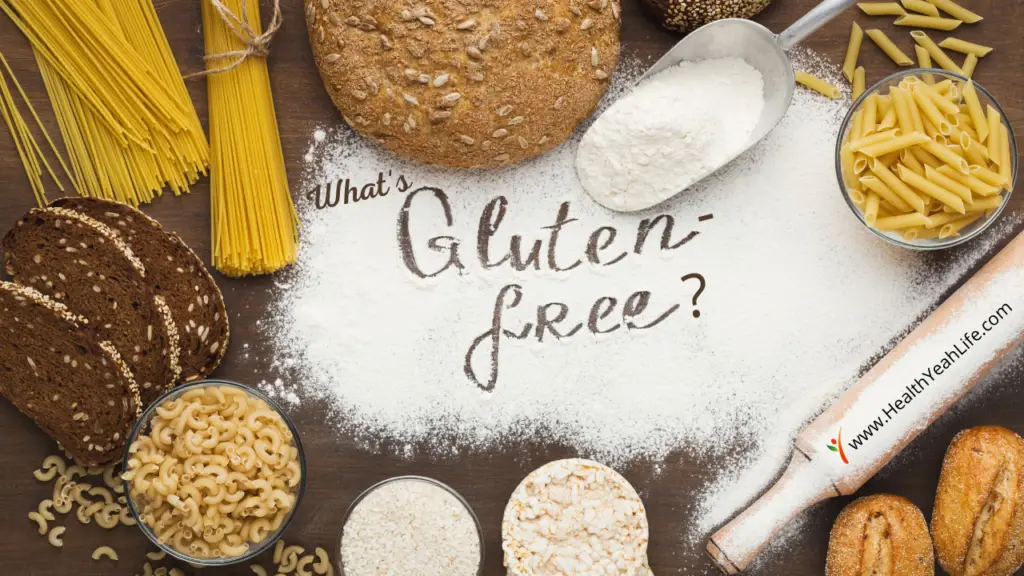
As the term suggests, Gluten-free refers to foods with no gluten elements. These kinds of foods have multiple health benefits.
Now that we know all about Gluten, and why one should avoid it, the next question that
strikes our minds is incorporating gluten-free living.
Below are some factors that can help you with the same.
Start With A Gluten-Free Kitchen:
As mentioned before, people with celiac disease and even those who want to remain healthy with no digestive issues ought to form a habit of consuming gluten-free meals.
What's the first step that one should take to get rid of food that has Gluten?
The first thing to do is to get rid of every item that contains this element in it. Wipe off your kitchen cabinets and your refrigerator for every item or product that has had Gluten in it, so that your kitchen is a gluten-free kitchen.
This way, you won't even mistakenly prepare a meal that has traces of Gluten. Below is a list that can help you do just that.
If the list below is pinned on the refrigerator, it can help you remember what not to buy while preparing a list of groceries. The items tend to be rich in Gluten hence poses a considerable health risk to you.
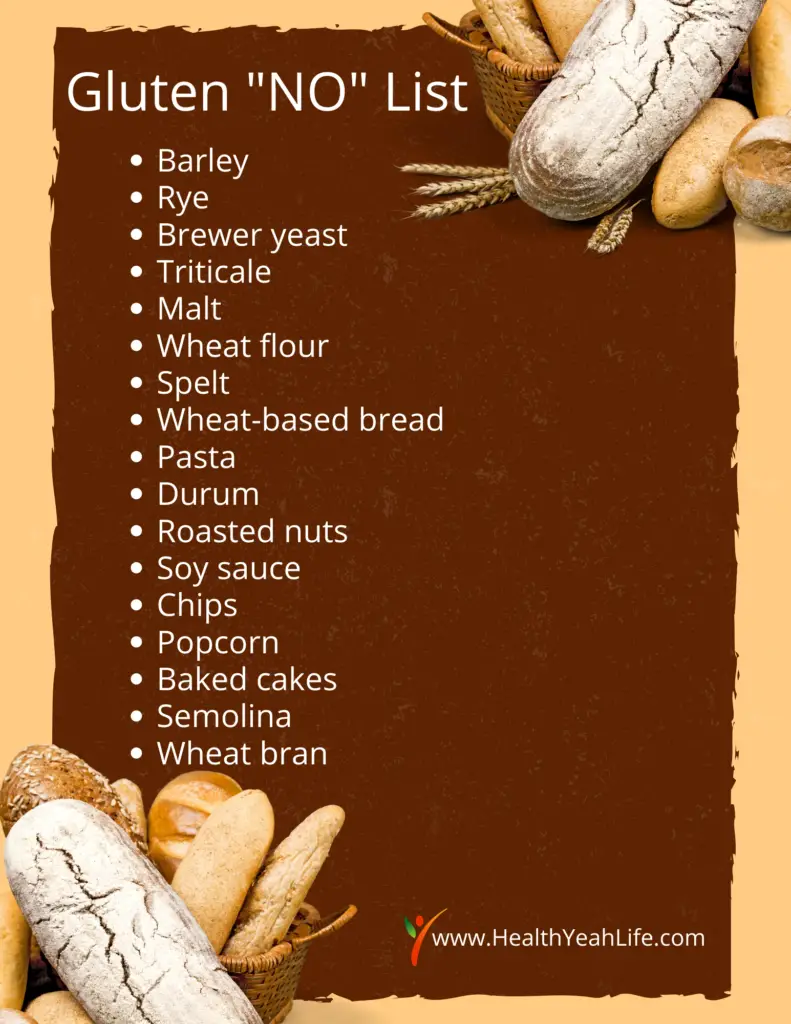
To ensure that your fridge does not have any products that contain Gluten, we must be aware of some foods that do not include this element.
Top 5 Gluten-Free Foods
Below are the top 5 gluten-free foods that can help you take the second step towards your goal to help you inculcate the habit of gluten-free living.
1) Rice
Most people do not know that rice contains no gluten. Rice helps to equip the body with the much-needed energy.
The good news is that rice allows the absorption of nutrients by the villi. Unlike other foods that impede absorption, the body can absorb energy-promoting nutrients from rice.
2) Gluten-free bread
There is a wide range of gluten-free bread available for you. Therefore, you can ingest such kinds of food daily without issues.
3) Beans
Beans are one of the best sources of protein for your body. Additionally, they contain no harmful nutrients, such as Gluten.
4) Fruits
A diet is incomplete without the inclusion of fruit. Examples of gluten-free fruits include apples, bananas, pears, and peaches. Fruits also play a crucial role in improving digestion.
5) Cabbage
Cabbage is mainly known for improving the digestion of food. Similarly, cabbage also provides vitamins to the body. Vitamins are essential in boosting the immune system of the body.
Also, we must know some of the regularly consumed food-items that contain Gluten so that we do not end up buying them in the first place.
Read The Label

The label says it all. Most of the raw materials for our meals come from the grocery store or farmers market. Packaged food always have a nutritional label on them, which mentions if the product has Gluten in it or not.
You can buy products that have “Gluten-Free” written on the label, and not be concerned that they contain gluten.
That's why it is essential to make it a habit to read the label when trying to adopt a gluten-free living.
Apart from this, there are categories of drinks that also do not contain Gluten. A notable example is a gluten-free beer. Manufacturers include such information on the product's label. Therefore, be sure to check whether the drink you buy is gluten-free or not.
Take Lessons on Cooking Simple Meals That Are Naturally Gluten-Free

One must know simple recipes to cook meals that are free of Gluten.
Following the right method helps one to prepare a tasty meal with little struggle. The best examples of such gluten-free meals include rice or stew.
To cook rice, you need to put it in a pot and boil it for a few minutes. And a gluten-free beef stew is relatively easy to prepare, does not have Gluten, and satisfies your taste buds.
Alternatively, you may opt to go for cooking lessons for a while. Better still, you may hire a professional chef to teach you a few recipes. This action will help you to know the right way to cook these natural, gluten-free foods.
Adopting a gluten-free life does not mean sacrificing flavor. You can still enjoy spicy foods after you no longer consume products that contain Gluten.
Who knows, one of the gluten-free dinners may become your new favorite.
Get In Touch With A Dietitian

Dietitians and nutritionists play a crucial role in guiding one on the right diet. Therefore, you ought to consider hiring a professional nutritionist to enlighten you on the right food. Below are some of the benefits of keeping in touch with an expert for a gluten-free diet.
- He or she will recommend a few gluten-free recipes: Cooking is a crucial step in preparing a good meal for you and your family. Undercooking, as well as overcooking a gluten-free meal, can pose a problem in proper digestion. Expert dietitians know some easy recipes you can easily make to help you on your gluten-free life journey.
- A dietitian can recommend the appropriate amount of food intake: Overconsumption or under-consumption may attract undesirable health conditions. This fact makes it essential for one to consult an expert to offer proper guidance. It would be best to consume the right quantities of a gluten-free diet to reap maximum health benefits.
- They help one live a healthy lifestyle: Dieticians and nutritionists help one adopt the proper lifestyle. Sometimes one is bound to gravitate to their favorite gluten-containing food. Therefore, it helps to have an expert around you.
- They help one forge a good relationship with food: Most people have a skewed relationship with food. It's no surprise to find people ingesting unhealthy food just because the food is tasty to them, and it is available at your local grocery store.
A professional nutritionist will play a key role in helping one develop good eating habits. You do not want to expose your health by eating too much or too little. However, it would be best if you committed to taking your expert's tips very seriously.
- A nutritionist helps create a good meal plan: As mentioned before, one may gravitate towards their favorite meal. Therefore, it helps to have an expert around providing the right meal plan. A proper meal plan includes the number of meals one should consume in a day and the ingredients you should avoid to remain healthy.
Misleading Myths About Gluten-Free Foods
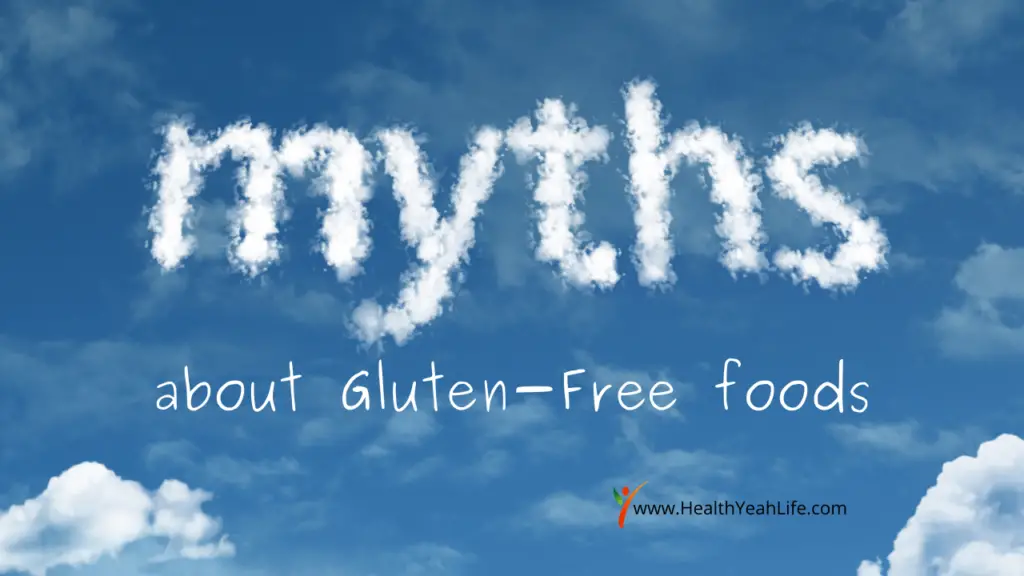
There are a few myths associated with gluten-free foods. All these misconceptions have no scientific or factual basis.
- Gluten-free meals obstruct digestion: The truth is that these kinds of foods are usually very healthy. They contain essential nutrients such as vitamins, carbohydrates, fiber, among plenty of others.
- This food is not healthy: As mentioned above, gluten-free foods provide all the necessary nutrients. Proper nutrition is essential for proper health. Hence, gluten-free food makes a person healthier in all respects.
- Gluten-free foods are only for specific people: In general, everybody ought to consume a healthy meal. Gluten-free diets are usually very rich in nutrients, as well as improving digestion. For this reason, it suits anybody who cares about their body.
- Gluten-free foods aren't tasty: This is a baseless myth as gluten-free foods are positively delicious. All one needs to do is to adopt the right recipes.
Why Choose A Gluten-Free Diet?
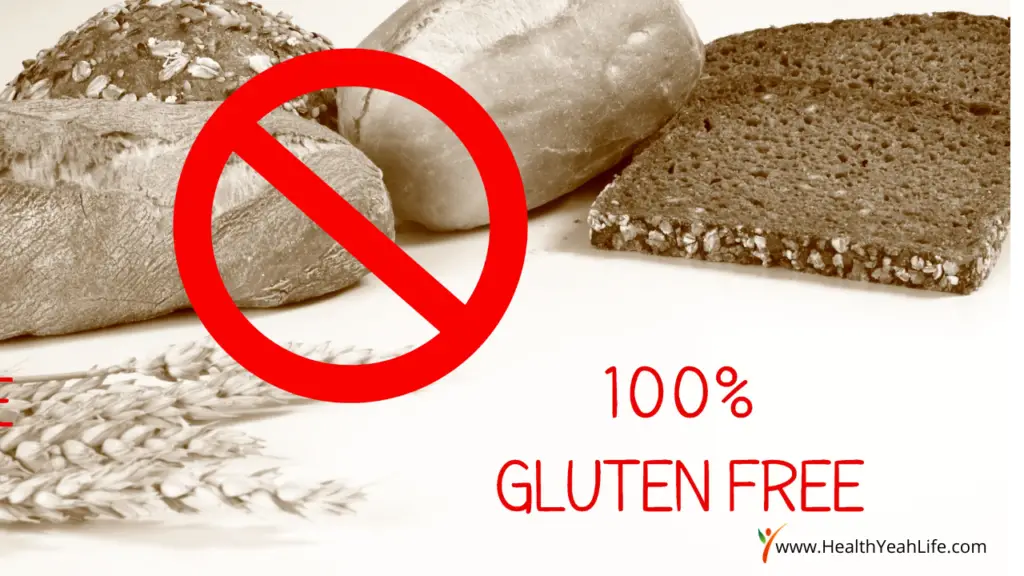
Below are some of the reasons why you should choose a gluten-free diet.
- It helps to cure Gastrointestinal disorders: Such a diet helps to remedy irritable bowel syndrome. Unknown to some, gluten food tends to worsen diseases such as autism. This fact is because autistic people tend to have IgG antibodies. These antibodies are widely known to react quickly to Gluten.
- Gluten-free food helps to facilitate digestion: You'll be glad to know that gluten-free diets promote digestion. They contain fiber that aids in improving the smooth digestion of food. The sticky material, Gluten, sticks to the small intestine's inner lining, causing digestive issues. Hence, eliminating Gluten from your diet can improve your digestion as well.
- It also helps one remain healthy: Food devoid of Gluten helps the villi absorb as many nutrients as possible. These nutrients are essential for the body to boost their immunity. Consequently, the consumer's health improves as the body is capable of fighting disease-causing bacteria.
- It helps to make one more energetic: Having a grain brain is a real issue. As mentioned before, many carbohydrates are gluten-free. These foods equip the body with energy hence making one more productive.
- It improves your skin health: Gluten-free fruits and vegetables help to improve your skin's health. Regular consumption of such food makes your skin smooth and radiant.
Final Words
The article explains everything that one needs to start living a gluten-free life. But it does not necessarily mean that you need to start eating food that isn't yummy.
Gluten-free living isn't something that should be stressful. You can still eat your favorite meal by replacing some ingredients with gluten-free products.
Everyone can adopt a gluten-free diet, not just because they are unwell or have digestive issues, but because they want to choose a healthy lifestyle. Health is our priority, and if replacing a few things can make that happen, then why not do that?
Also, in today's world, not all of us have enough time to go to the gym or even exercise daily, so why not take small steps towards a better lifestyle.
A better way of life always aims towards better health, and good health is essential to living a happy life.
Live Extraordinarily!


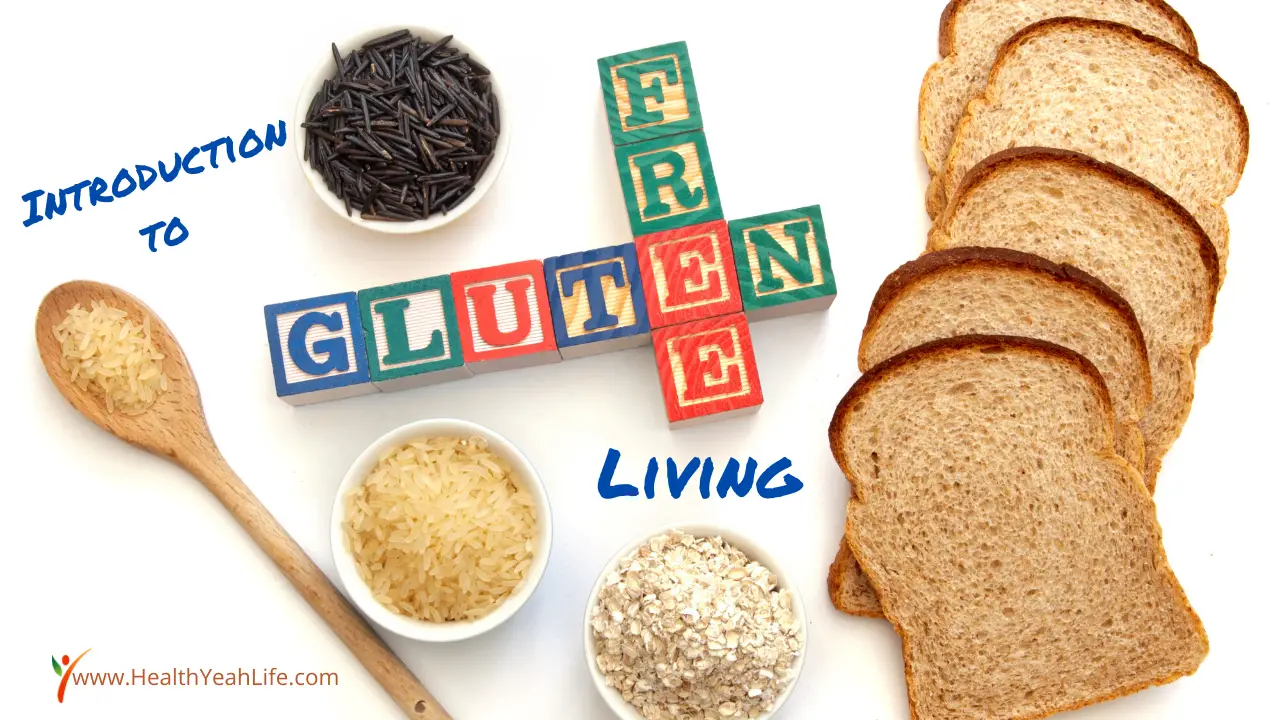
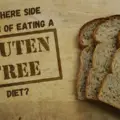

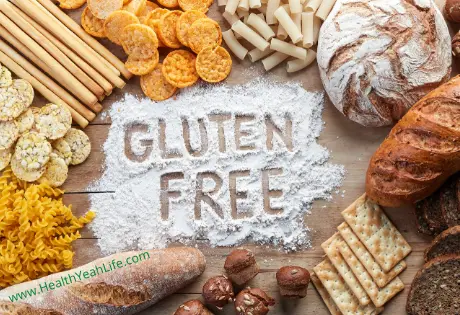

3 thoughts on “Introduction to Gluten-Free Living”
Comments are closed.